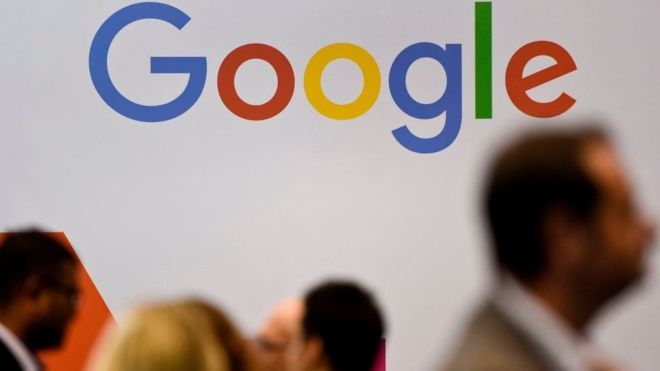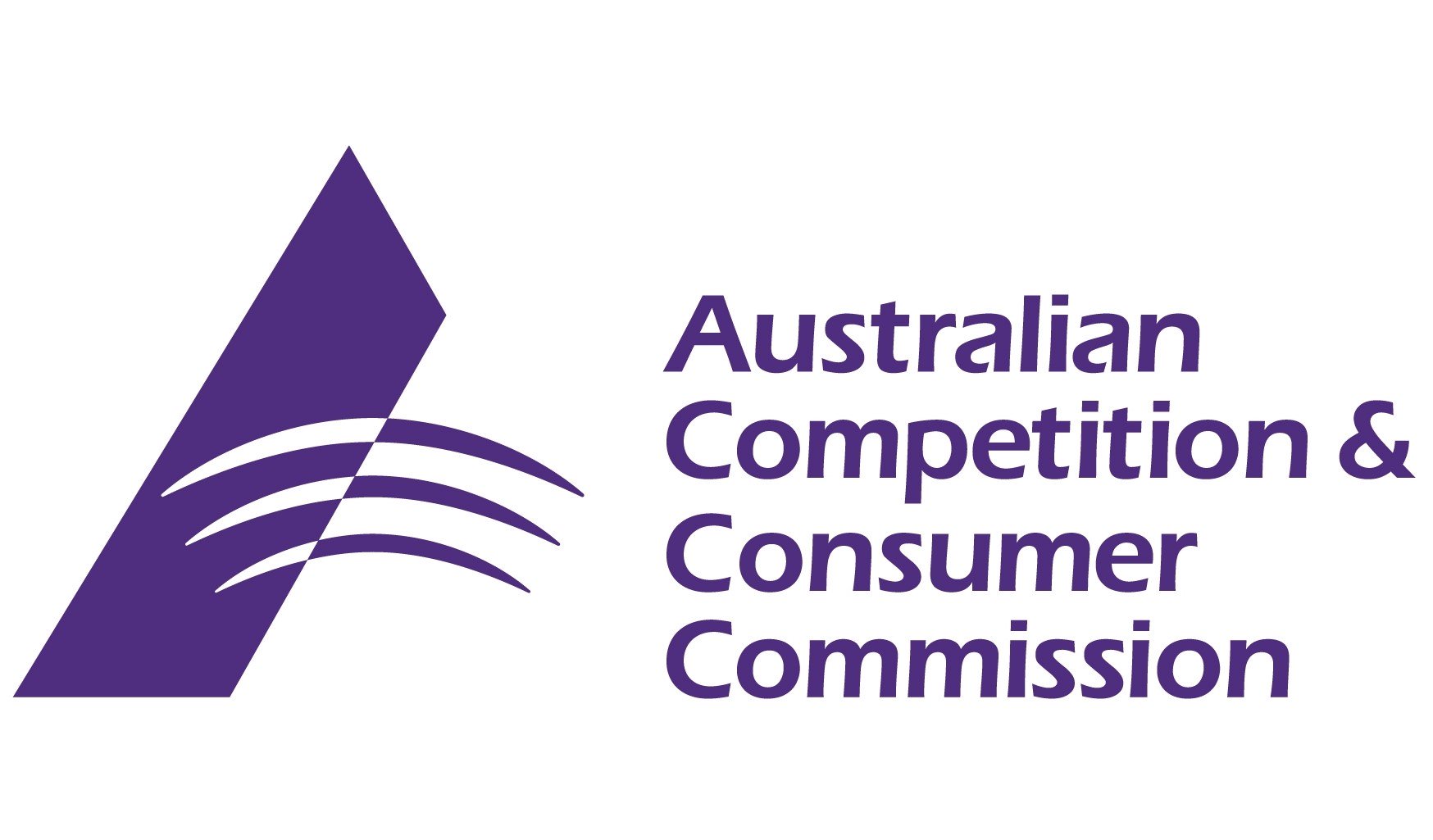The New Goo-Book Law – otherwise known as the Treasury Laws Amendment (News Media and Digital Platforms Mandatory Bargaining Code) Bill 2020 – passed the Senate today, with Government amendments, following the deal done by the Federal Government with Facebook over the past few days. Undoubtedly, it will pass the House of Representatives very soon and become law soon after.

Here we provide an overview of what the new law was going to provide before Facebook’s intervention, and what it appears to provide after their intervention.
Here’s what what the Treasury Laws Amendment (News Media and Digital Platforms Mandatory Bargaining Code) Bill 2020 provided late last year, as described by the Federal Treasurer, Josh Frydenberg in his Second Reading Speech on 9 December 2020, and as highlighted by us as to then key provisions –
This bill establishes a mandatory code to address the bargaining power imbalances that exist between digital platforms and Australian news media businesses. It represents a major reform—an historic reform—a world first, where the eyes of the world will be on what is occurring here in Australia.
Public interest journalism plays an important role in our society. It is critical to the functioning of our democracy. This role can only be fulfilled by a strong, diverse and sustainable Australian news media sector.
This bill responds to the key findings of the Australian Competition and Consumer Commission’s (ACCC) digital platforms inquiry.
The ACCC conducted a detailed world-leading inquiry over almost 18 months and set out a series of recommendations in response to the substantial market power that has arisen through the growth of digital platforms, their impact on competition in media and advertising markets and their implications for news media businesses, advertisers and consumers.
The ACCC found that digital platforms have become unavoidable trading partners of news media businesses, providing them with substantial bargaining power.
The problem is not unique to Australia, and we recognise that similar findings are emerging overseas.
Since commissioning the ACCC review in December 2017, the Morrison government has undertaken an extensive policy development process that has been going for almost three years and which has included public consultation on a position paper and exposure draft legislation.
As the Prime Minister has said, the laws of the digital world should reflect as far as possible the laws of the physical world.
We are not seeking to protect traditional media companies from the rigour of competition or, indeed, technological disruption, which we know benefit consumers.
Rather, we are seeking to create a level playing field where market power is not misused and there is appropriate compensation for the production of original news content.
To that end, this bill will establish a new world-leading code of conduct for news media businesses and digital platforms.
The code ensures that digital platforms share the benefit they obtain from using Australian sourced news content with the news media businesses who create that content.
The Treasurer will be able to determine that a digital platform is subject to the code, having regard to ACCC and Treasury advice about whether a substantial bargaining power imbalance exists.
ACMA, the Australian Communications and Media Authority, would assess the eligibility of Australian news media businesses to participate in the code against criteria set out in the code.
The framework contained in the bill recognises that agreements can be entered into outside of the code. Indeed, they are encouraged to be entered into outside of the code. Where a news media business reaches an agreement with a digital platform, it can agree to not bargain or pursue compulsory arbitration under the code.
If a news media business cannot reach an acceptable agreement with a digital platform outside of the code, it will have the option to trigger aspects of the code to address the bargaining power imbalance. This includes minimum standard obligations that digital platforms must meet for all news media businesses registered under the code, requirements for good faith bargaining over remuneration and the application of final offer arbitration if bargaining between the parties does not succeed.
Should arbitration be required, both parties must each submit a final remuneration offer. Arbiters are then required to:
Consider the benefits for both parties from having Australian news content available on digital platforms; and
Take into account the cost of producing news content and whether any final decision places an undue burden on the digital platforms.
In assessing the offers made by each party, arbiters must consider the outcome that would have arisen if commercial negotiations had taken place in circumstances where the digital platform did not have a bargaining power imbalance.
The code also contains provisions to limit, as far as practicable, digital platforms’ ability to avoid the code and to take retaliatory action against news media businesses for participating in the code. This includes through provisions that prohibit digital platforms from differentiating between Australian news media businesses covered by the code.
Penalties will apply to breaches of the key provisions of the code.
The ACCC will be responsible for enforcing the code and will be able to issue infringement notices with smaller fines for minor code breaches.
The code will be reviewed by Treasury after one year of operation to test the effectiveness of its operation.
The News Media and Digital Platforms Mandatory Bargaining Code is a world-leading initiative. It is designed to level the playing field and to ensure a sustainable and viable Australian media landscape. It’s a key part of the government’s strategy to ensure that the Australian economy is able to take full advantage of the benefits of digital technology, supported by appropriate regulation to protect key elements of Australian society. One such key element is a strong and sustainable Australian news media landscape.
Full details of the measure are contained in the explanatory memorandum. I commend the bill to the House.
Today, 24 February 2021, the Treasury Laws Amendment (News Media and Digital Platforms Mandatory Bargaining Code) Bill 2021 passed the Senate in Canberra. The Treasurer’s 2020 Bill has been amended in some significant respects.
We publish the Parliamentary explanation verbatim, with our emphasis on what appear to be some of the key new phrases that make life a little more tolerable for Goo-Book.
DETAILED EXPLANATION OF NEW LAW
CHANGES TO THE DESIGNATION PROCESS
THE NEW DESIGNATION CRITERION
1.2 The Parliamentary Amendments to the Bill add an additional criterion for the Minister to consider, when deciding whether to designate a digital platform service under the Code.
1.3 Previously, the Minister was required to consider whether there is a significant bargaining power imbalance between Australian news businesses and the responsible digital platform corporation group. The amendments require that the Minister must also consider whether the group comprised of the responsible digital platform corporation and all of its related bodies corporate has made a significant contribution to the sustainability of the Australian news industry through agreements in relation to news content of Australian news businesses (including agreements to remunerate those businesses for their news content). [Amendment 1, paragraph 52E(3)(b)]
THE NEW NOTICE REQUIREMENTS
1.4 The Parliamentary Amendments to the Bill also introduce a notice requirement under the Code when designating a digital platform service. Previously the Minister was not required to provide notice when designating a digital platform service under the Code, however, the amendments provide that a responsible digital platform corporation notice when designating a digital platform service. [Amendment 2, paragraph 52E(5)]
1.5 The Minister is required to provide a responsible digital platform corporation notice when designating a digital platform service. [Amendment 2, paragraph 52E(5)]
1.6 The amendments also provide that the Minister must not designate a digital platform service under the Code, until 30 days after notice is given to the responsible digital platform corporation. [Amendment 2, paragraph 52E(6)]
CLARIFICATIONS TO THE NON-DIFFERENTIATION CLAUSE
1.7 The amendments clarify that digital platforms can enter into commercial agreements with terms which are not identical without breaching the non-differentiation clause.
1.8 Previously under the Bill a responsible digital platform corporation cannot differentiate between news media businesses by reason of their participation in the code. The amendments clarify that a responsible digital platform corporation can differentiation between news media businesses:
• on the basis of a commercial agreement, which includes remuneration, where the differentiation arises solely from that amount of remuneration; and [Amendment 3, paragraph 52ZC(4)]
• where:
– the responsible digital platform corporation has entered into an agreement with a news media business, where the news media business is required to provide a certain type of content to the digital platform;
– the responsible digital platform corporation will ensure that the content is ranked preferentially on the designated digital platform; and
– the differentiation arises solely from that preferential ranking.
[Amendment 3, paragraph 52ZC(5)]
1.9 Amendments are also made to clarify the news content to which the non-differentiation clause applies. The non-differentiation provision will only apply to covered news content which is contained in news sources which regularly produce covered news content. [Amendment 3, paragraph 52ZC(6)]
The new mediation process
1.10 The Parliamentary Amendments add a new mediation process in between the bargaining and arbitration stages of the Code.
1.11 Previously, the Bill required a responsible digital platform corporation and news business corporation to bargain in good faith for three months and then, if an agreement is not reached, enter into an arbitration. The amendments require a responsible digital platform corporation and news business corporation bargain in good faith for three months, then, if an agreement is not reached enter into a mediation. [Amendment 4, section 52ZAI]
1.12 The mediator will be appointed by the ACMA and the mediation must be undertaken in good faith. [Amendment 4, section 52ZAI]
1.13 The mediation will end when either:
• two months after the mediation commences;
• if the parties agree to extend the mediation by two months – 4 months after the mediation commences;
• when the parties agree to terminate the mediation; or
• the mediator decides to terminate the mediation if, having regard to the conduct of the bargaining parties in the mediation, the mediator considers that there are no reasonable prospects of the bargaining parties reaching agreement over each core bargaining issue.
[Amendment 4, section 52ZIC]
1.14 The amendments provide that the bargaining parties can only commence arbitration after the end of the mediation. [Amendment 4, section 52ZL(2)]
1.15 An arbitration between the bargaining parties can only commence if:
• a mediation between the parties has occurred and no agreement about the remuneration issue has been reached; or
• the parties voluntarily submit themselves to arbitration, at least 10 days after the bargaining between the parties commenced.
[Amendment 5, section 52ZL(2)]
Commentary on The New Goo-Book Law will ensue. On the face of it there is something for everyone. First, Goo-Book now lives in a new regulatory environment in Australia. It will have to pay some media in Australia money for their content. Second, the new law primarily is for major media players in Australia, not minor ones. We don’t think Goo-Book will be helping to fund our obviously public interest journalism, for example. But you never know. Third, despite all this there seems wriggle room for the Googles and Facebooks of the world when one considers the loose phrases used in the new law, including what the Minister must have regard to when designating a digital platform service, namely, whether it ‘has made a significant contribution to the sustainability of the Australian news industry through agreements in relation to news content of Australian news businesses’.
Some of the key language concerning what matters the Minister must consider, one suspects, will lead to litigation down the track.
We will wait and see.
We will also wait and see whether public interest journalism in Australia actually wins from The New Goo-Book Law.
And we will also wait and see if a sustainable, diverse media landscape will follow the implementation of The Goo-Book Law.










